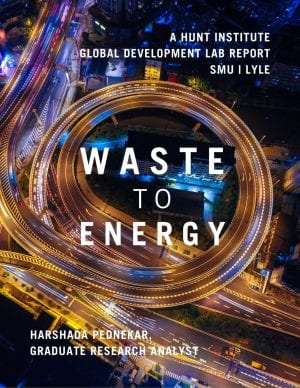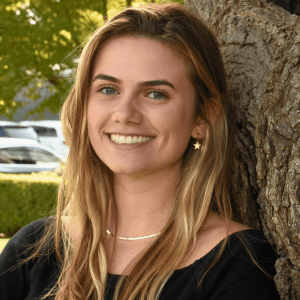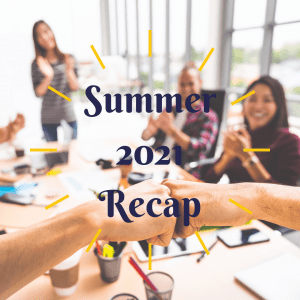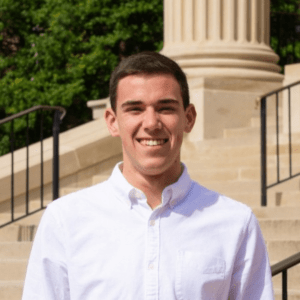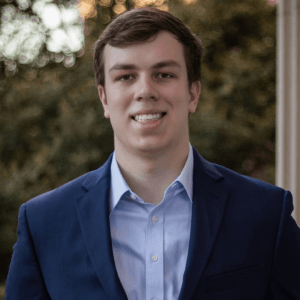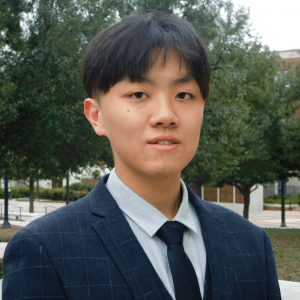My time at La Tarte Tropézienne was a reality check on my ambition and my degree. I’m not saying I didn’t enjoy my time there, in fact, it was an amazing experience. Unlike a typically discussed experience, my internship was a path towards self-discovery.
To start, I was beyond excited to begin this summer work adventure. It was a perfect combination of two interests and degrees: French and marketing. Before an official introductory meeting with my boss, I had already brainstormed a social media facelift and marketing strategy. I wanted to apply my ideas immediately.
For the first month and a half, my work was praised and my eagerness to impress grew. I accepted multiple projects even though I didn’t have the time for them. Unfortunately, a health issue combined with work overload halted my progress. Compared to the beginning of my internship, my performance lacked the usual flare. At the time, I didn’t understand what was happening, but I had reached my limits.
I realized my desire to constantly impress caused burnout. I wasn’t meeting personal expectations, so I continued to stress myself. Initially, I loved my internship, but I soon began to fear it. I despised the reality I soon discovered; I didn’t want to do social media for a living. I would like to say I’m knowledgeable in the subject, but I do not have a passion for it. This new reality scared me because I thought I would have to change my major. I love doing creative projects, but that doesn’t mean social media is the only route in creative marketing. I have other options and my skills can be applied elsewhere.
I thought this internship would solidify my career choice, but I’m just entering the work world. Internships are trial runs. I’m young, and I have time to make mistakes and discoveries about myself. The road from an internship to one’s first job is never straight. The path has twists and turns, ups and downs, and tunnels where a sense of direction is unclear. I ingrained in my mind the idea that everyone has their life and career figured out at twenty-one. That’s not true. I wanted that easy path, but I honestly needed this journey to recognize what I truly want. La Tarte Tropézienne provided this introspection, and I’m incredibly thankful for the work opportunity and my newfound knowledge.
To read more about the Hunt Institute’s work to develop future-focused solutions to some of the world’s biggest problems, please click here. For the latest news on the Hunt Institute, follow our social media accounts on LinkedIn, Facebook, and Instagram. We invite you to listen to our Podcast called Sages & Seekers. If you are considering engaging with the institute, you can donate, or sign-up for our newsletter by emailing huntinstitute@smu.edu.










